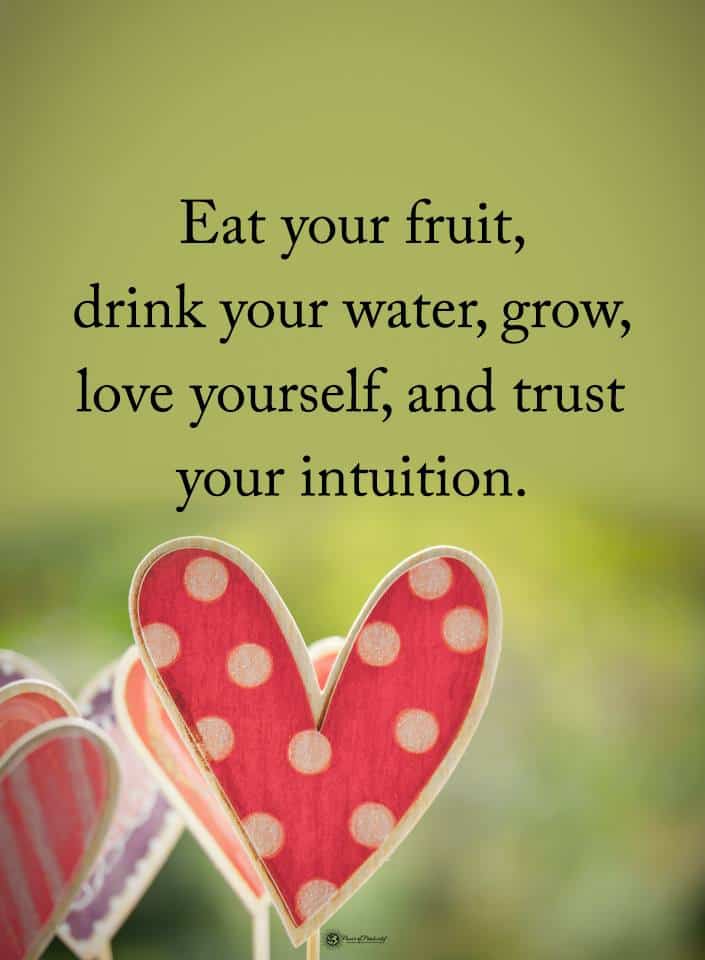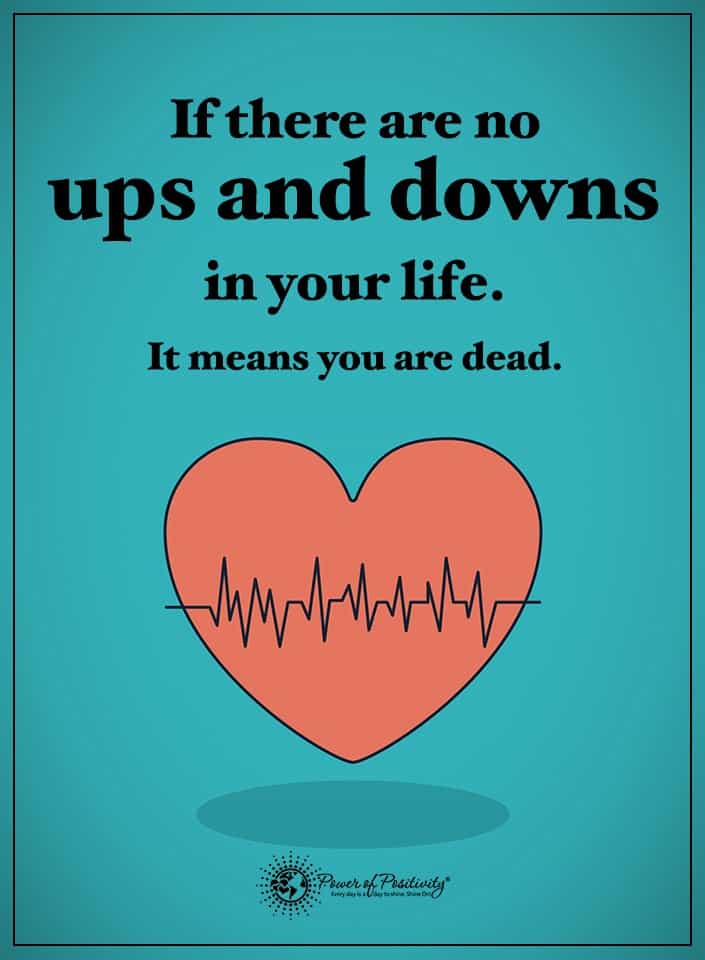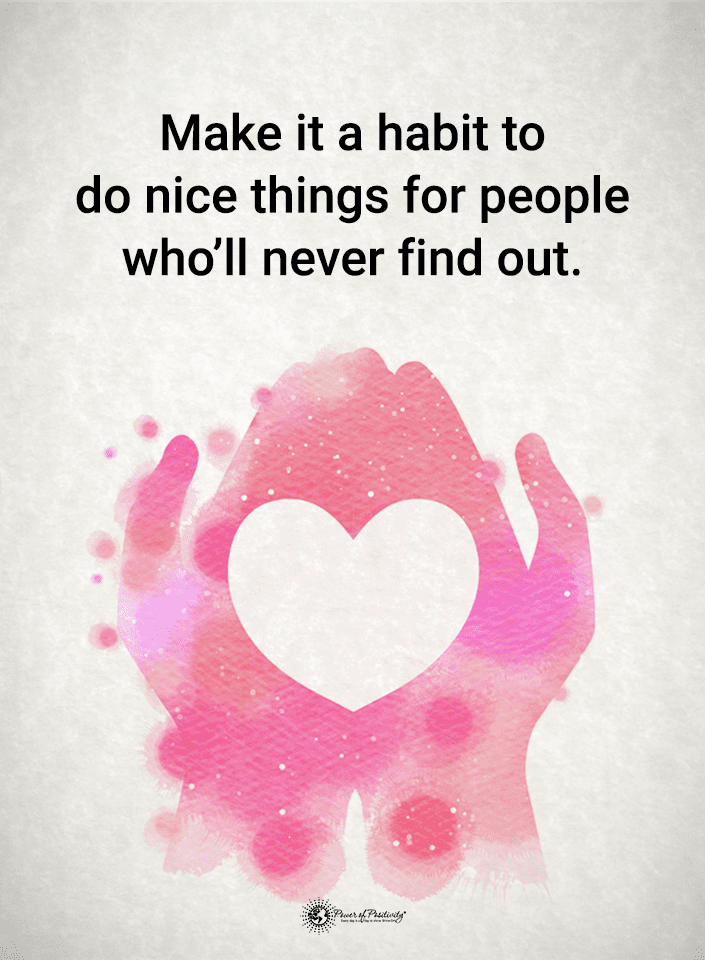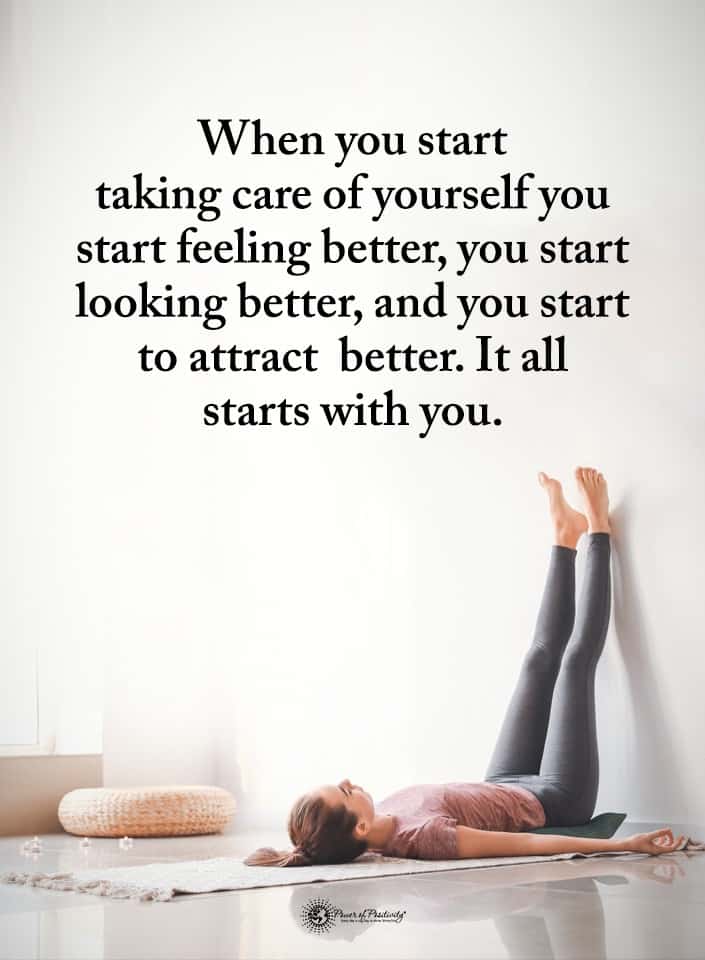When we get caught up in the hectic schedule of our day, we look forward to just getting home so we can unwind. We may turn on the television, scroll through Facebook, or even do both. While seemingly innocent (we did put in a full day’s work, after all), how we end our day can impact our overall happiness. Happy people tend to do certain things at the end of their day that unhappy people don’t practice. Not every happy person does all of these, but some do. And it’s not about the time you spend on these things, but more about ending your day on the right note, setting up tomorrow to be even happier.
Here’s how happy people spend the last 30 minutes of the day:
They find quiet.
It’s hard to be happy when the noise of the world is constantly demanding our attention. The happiest people end their day finding quiet to contemplate their experiences and their life. They recognize the importance of quieting the world around them to put challenges into perspective, forgive themselves of the mistakes they made, vow to do better tomorrow, and reignite their creativity, curiosity and love of life.
They plan for tomorrow.
Keeping a to-do list in our heads keeps our mind on what we need to do instead on the accomplishments we achieved. It’s important to recognize our progress, make adjustments when necessary, pay attention to what is happening in the moment and keep growing and evolving to be happy. We can’t do that when we are worrying about what’s on the agenda for tomorrow. Instead of worrying about it, create your agenda and then let it go until morning.
They visit their affirmations.
Happy people have a clear picture of the things that make them happy. They are also on a constant quest for growth and improvement and do not take their happiness for granted. Part of this process is to create affirmations that support them in their growth. They make a point to end their day visiting these affirmations to keep them focused on their goals.
They disconnect and then reconnect.
Happy people spend the last part of their day disconnecting from their office by setting their phone to do not disturb, shutting down their computer and turning off the television. They disconnect so they can fully connect to the people that matter most to them.
Happy people know that it’s the people that influence them that make them happy. They protect them and honor their relationships by being present. Because nothing says love quite as much as being the center of someone’s attention.
Related article: How to Disconnect to Reconnect
They follow a personal routine.
Happy people take care of themselves doing the mundane and routine things that prepare us for bedtime. Personal hygiene is important to our overall health, and we can’t be happy if you aren’t healthy. We just can’t. So wash, brush, floss and gargle yourself towards happiness.
They take time to reflect in a journal.
Happy people know that life is full challenges, and they do not allow those challenges to affect their overall happiness. One way they do that is to journal. Whether it’s journaling about what makes them grateful or writing about their challenges, writing releases the hold the less-than-happy moments have over them. They embrace the freedom of clearing the mind to allow them to learn from their experiences and move on to better things.
They focus on their breath.
We go, go, go all day long, and that kind of schedule eventually will wear us down. Happy people spend the last part of their day finding the time to practice restorative breathing. Whether they do it through meditation, practicing some light yoga or just breathing, they take the time to reconnect with their inner guide. They do this knowing it’s this internal source of wisdom that will get through the challenges of the next day.
They don’t try to stay awake.
Happy people sleep. It’s as simple as that. And not only do they sleep, but they also honor their sleep by getting a full night’s rest, leaving their phone outside of the bedroom, so it’s not interrupted and making bedtime a priority. It’s not a secret; we make smart decisions, are more productive and navigate challenges better when we are well-rested. Happy people take that knowledge and act on it by going to bed.
They do things that make them feel good.
It’s not unusual to get to the end of a busy day and collapse from exhaustion and just fall into bed. Happy people end their days doing things that make them happy. Whether it’s reading a good book, doodling on paper, or taking a walk with their partner, they find a few minutes to do the things that make them feel good because it feeds their soul.
Bottom line, happy people know that the key to staying happy is to do more of the things that make them happy, and it’s always wise to end your day on a happy note.
Related article: 10 Rituals to Guarantee a Good Night’s Sleep











